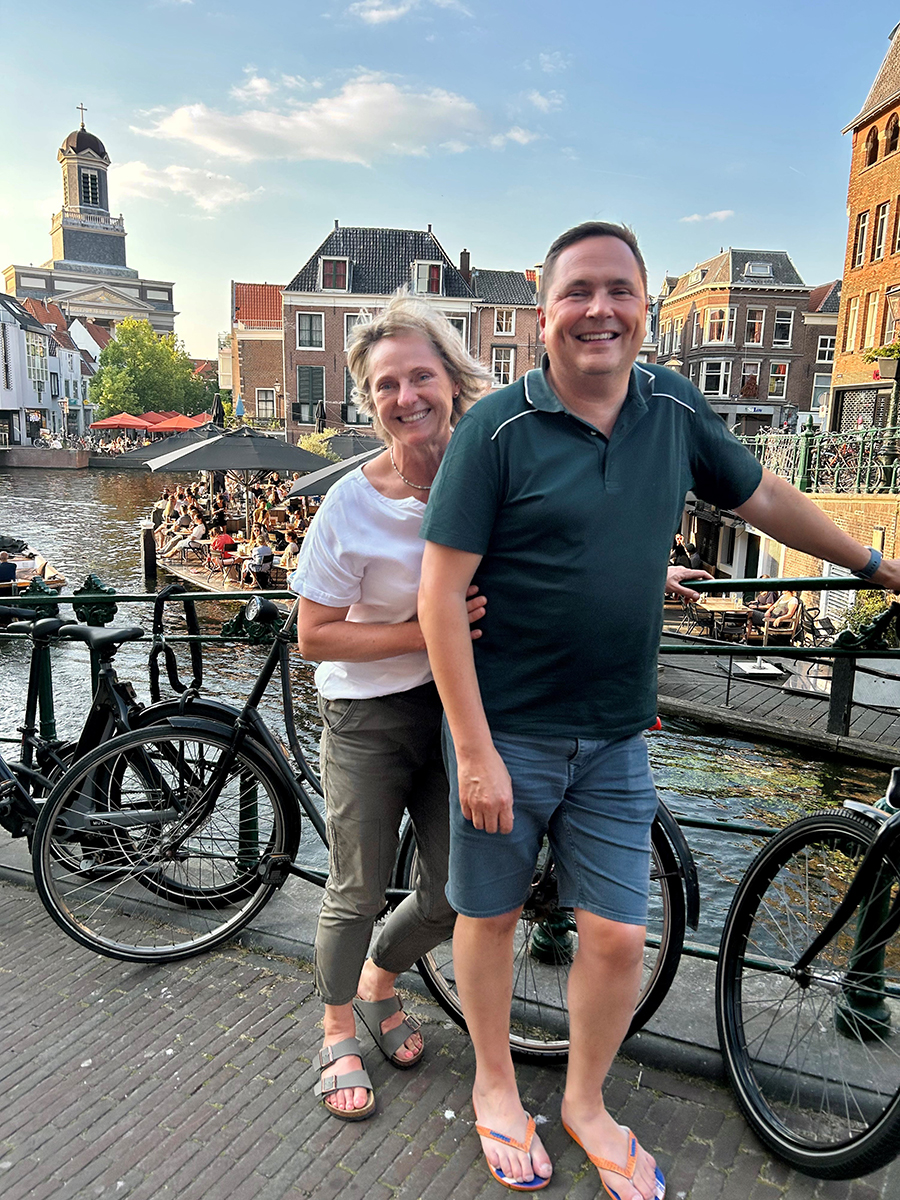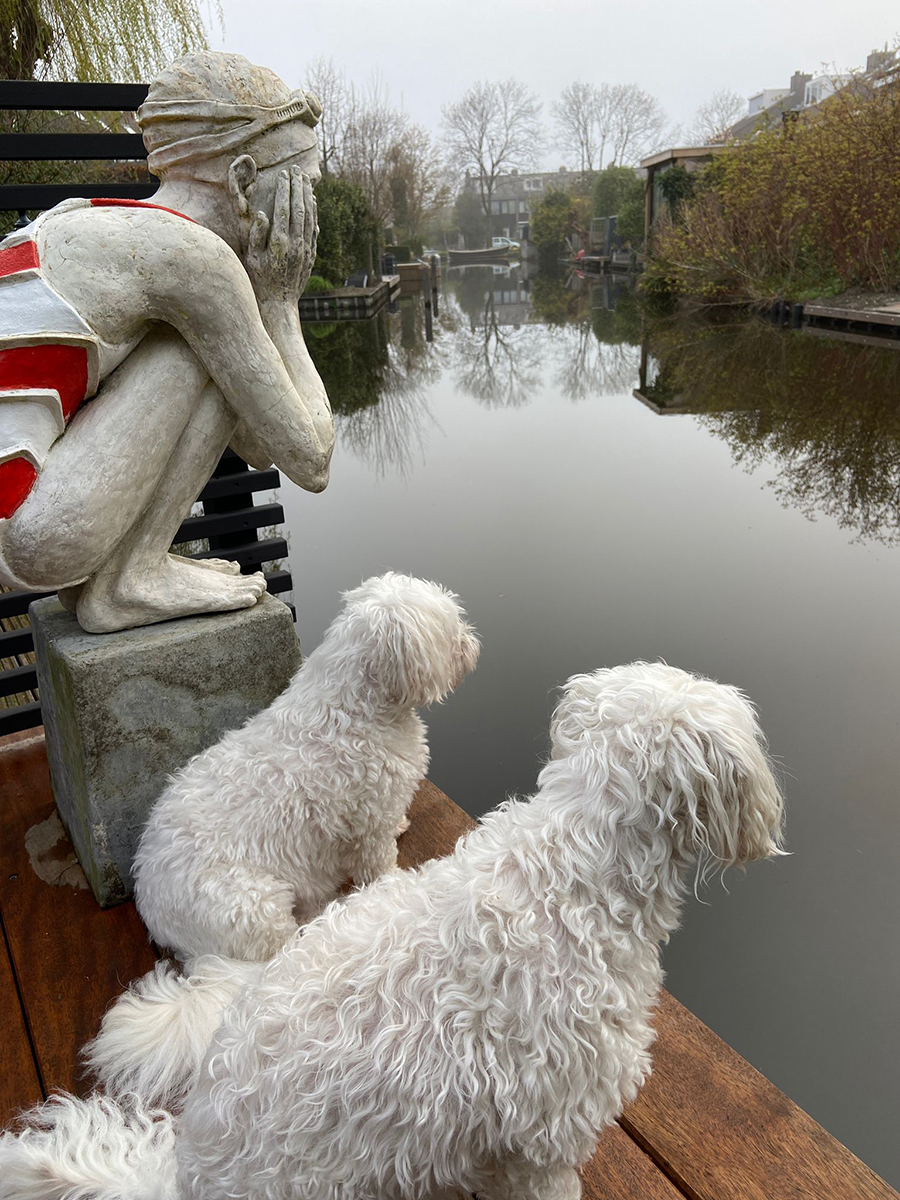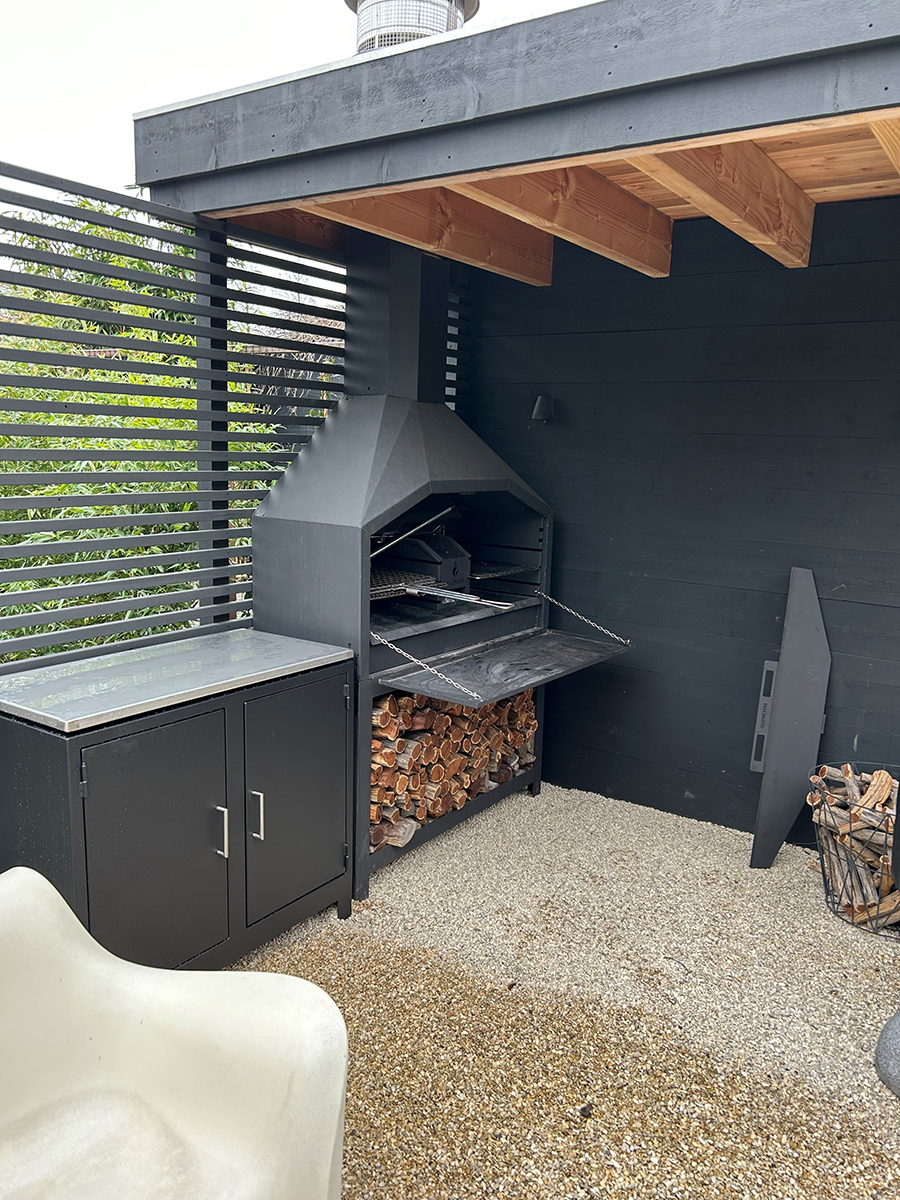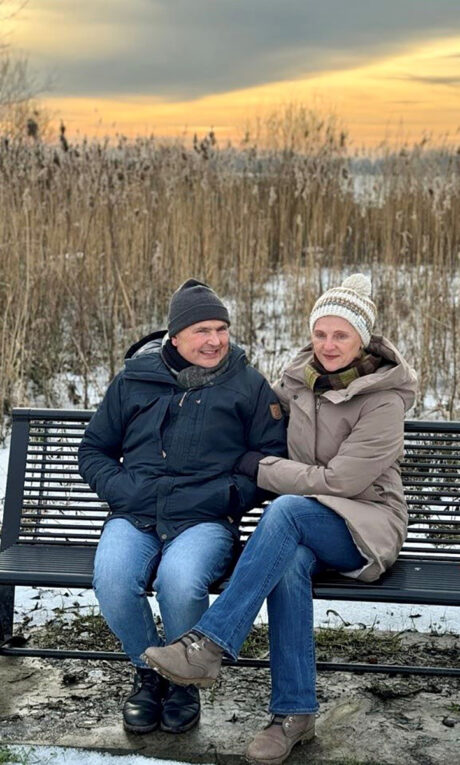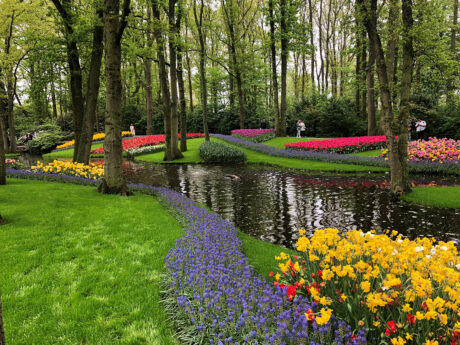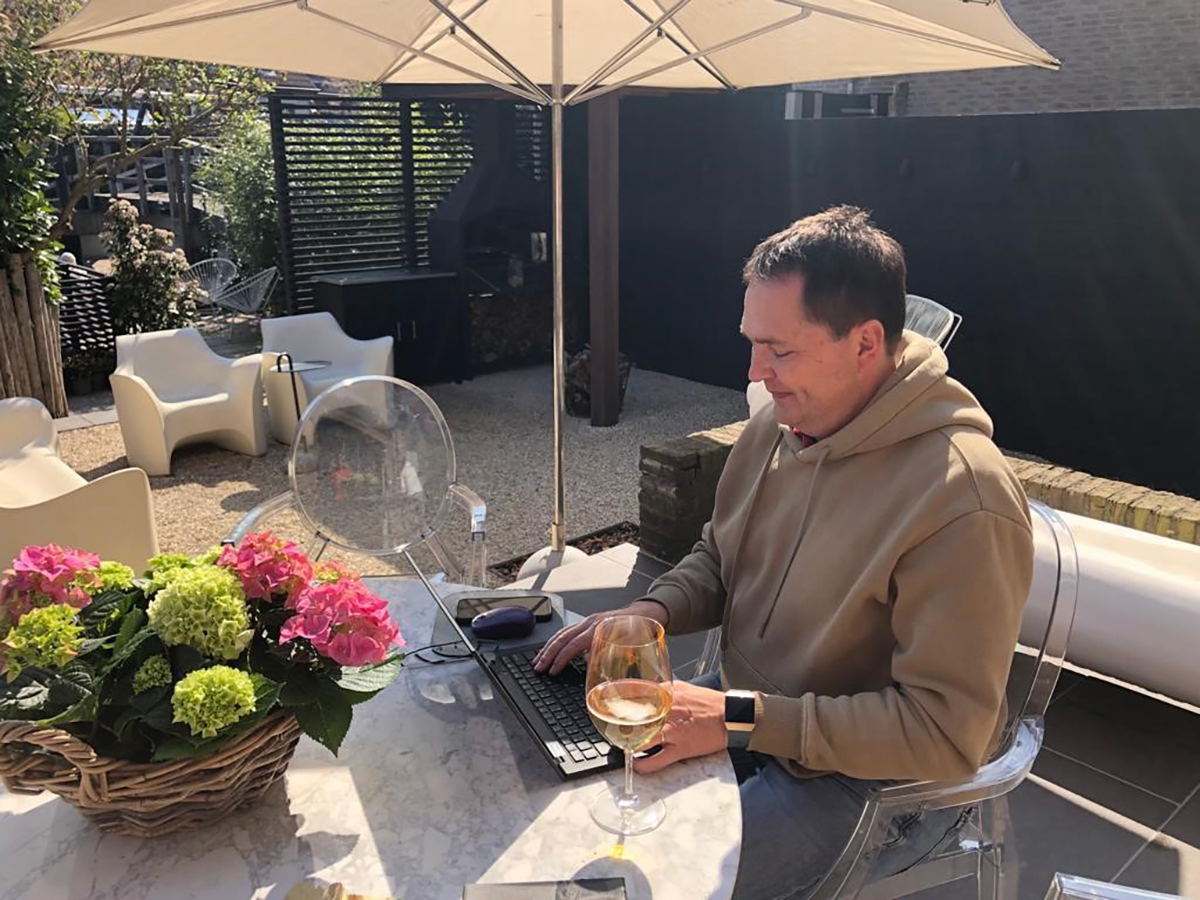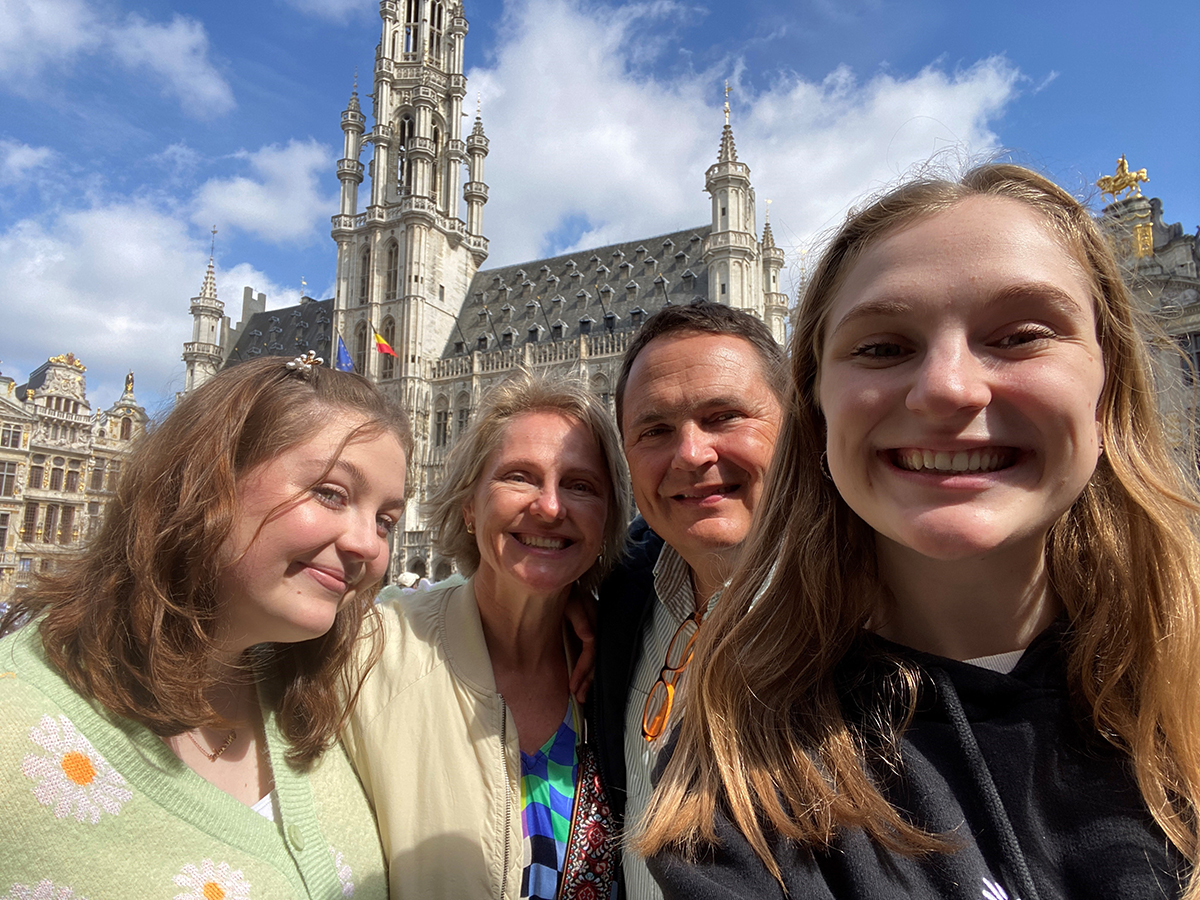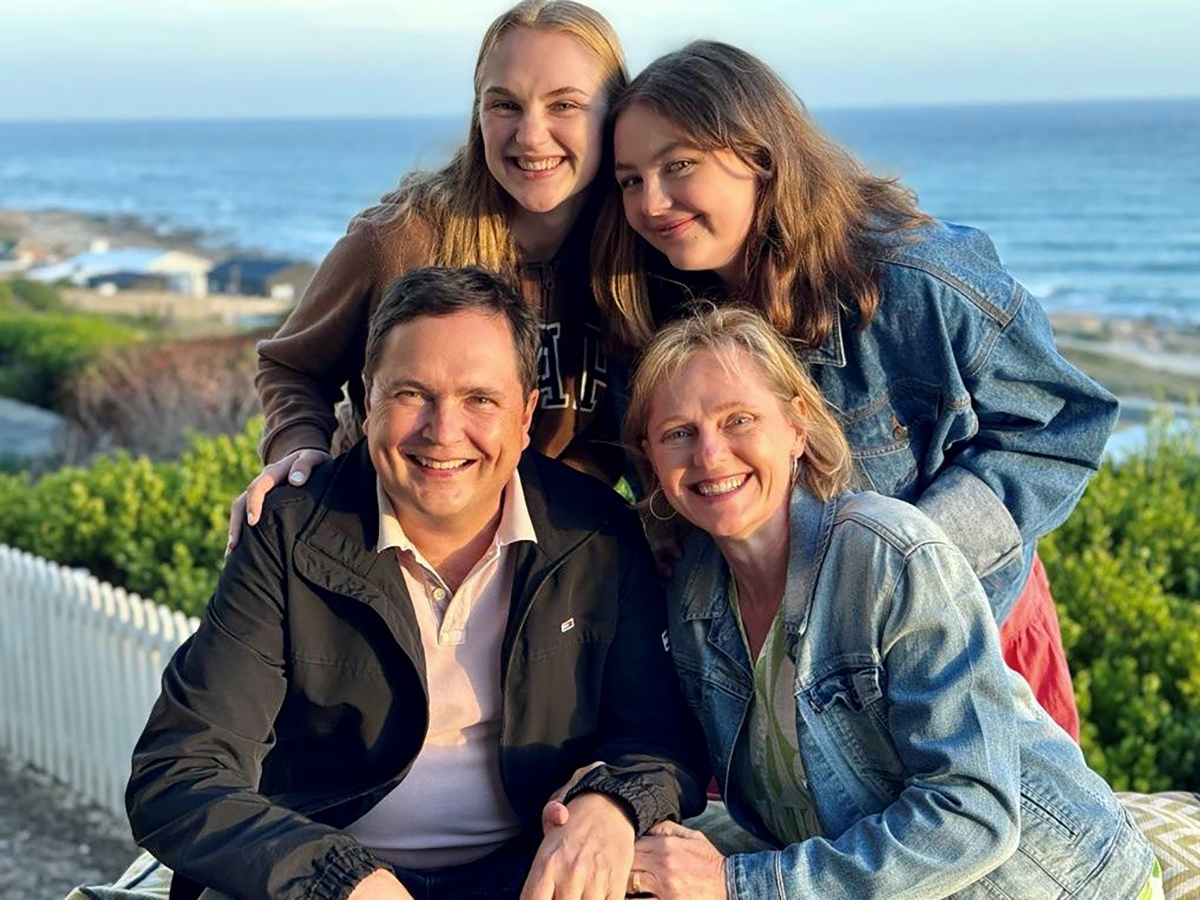As Atterbury Europe marks its 10th anniversary, we celebrate not only a decade of business achievements but also the personal journey of our founding CEO, Henk Deist. Henk’s leadership and vision have been pivotal in navigating the company’s expansion from South Africa to The Netherlands. This Q&A session offers an intimate glimpse into the challenges and triumphs encountered along the way, highlighting the indispensable role of family in both personal and professional realms. From overcoming initial hurdles to adapting to new cultural landscapes, Henk shares valuable insights and memorable experiences that have shaped Atterbury Europe’s success story.
Can you describe the initial inspiration behind starting the company and how it led to your decision to relocate from South Africa to The Netherlands with your family?
Louis van der Watt and I know each other from varsity days, and he contacted me in November 2013 looking for someone to lead the Atterbury Europe initiative. At that stage I had been at RMB, Resource Finance, for 11 years and was looking for a new challenge. Atterbury was at the time scratching around in Tbilisi Georgia, but the main idea was to do a deal on the Steinhoff portfolio. I joined in March 2014, and we were introduced to an opportunity in Cyprus. By December 2014 both the Georgia and Cyprus deals collapsed, and the envisaged Steinhoff transaction was developing much slower than anticipated. So, to be honest, I was starting to doubt my career move from my holiday home in Struisbaai, South Africa in the Christmas of 2014.
Early 2015 the Cyprus deal was resurrected and that gave Atterbury Europe the momentum and more opportunities presented itself. We formed a Dutch company for the Atterbury Europe operations right from the start and we effectively managed it from there, but by mid 2016 we realised the fly in fly out model was no longer sufficient for the scale of activity we had. My much younger unmarried or married without children colleagues being more mobile, moved to Leiden in The Netherlands at the end of 2016 and beginning of 2017.
For me at the age of 48, with my wife Diana having been a medical doctor for 22 years and not being able to work in The Netherlands and two teenage daughters aged 13 and 15, it was a tougher decision. We had a family meeting to discuss the topic and to my surprise, they were all in, provided our two Brakpan born Maltese poodles could join – they are still with us having the time of their lives in The Netherlands. Our plane touched down in Schiphol on 3 August 2017…
What were some of the biggest challenges faced during the transition from South Africa to The Netherlands, both personally and professionally?
Professionally my transition was not so much the geographical relocation, but the metamorphosis from a banker in a suit with a title to working on a “start up” initiative in jeans. But as I used the same technical skills as at RMB and was surrounded by awesome people I met at Atterbury, that transition was easy. From a personal perspective, the first year or so of the relocation is really like a honeymoon where everything is new and exciting – we did not think of it as “permanent”.
How did your family adapt to the cultural and lifestyle differences between South Africa and The Netherlands?
I must admit what was liberating to us moving from South Africa was to get rid of things. With a smaller house, only one car and bicycles, we needed much less stuff. Status is out of the door and the society is just much flatter. The children joined the British School in The Netherlands, so they still wore school uniforms, but they were amazed in the beginning with the teacher/pupil relationship – pupils do not hesitate to give their opinion and challenge the teacher on his/her views. No topic is taboo and the openness about everything means children are well informed and equipped to deal with “sex, drugs and rock and roll”.
The one piece of culture we dearly preserved was the “braai”. I bought a big SA braai and import wood from Namibia. And don’t think if you are Afrikaans, you can speak Dutch. I have spoken to people a lot in what I considered to be Dutch only to be told by the Dutch person that they could follow all my Afrikaans! And finally, yes the weather is crap.
Are there any particular moments or milestones that stand out in building the company while navigating family life in a new country?
I referred to the initial honeymoon period after relocation. Reality does set in at some point and our younger daughter had some difficult experiences at school and her mental health took a turn for the worse. At the very same time, things got very tough at work with all the issues at Steinhoff. That was a hard period to navigate through, but we had built up a good support network at that stage to help us through it.
How has your family played a role in the growth and success of Atterbury Europe over the past decade?
I must specially mention my wife, Diana. She sacrificed her career to join me and especially during the difficult times she has played a key role to keep everything together. I am glad she now has a doctors’ assistant job to put her skillset to use again.
What lessons have been learned along the way, both as a family man and as a business leader, that have shaped Atterbury Europe’s ethos and values?
I’ve always had a “work hard, play hard” ethos with working hard taking precedence. South Africans, especially emigrating South Africans, tend to have this same ethos making them very popular in Europe as they get things done as opposed to the more socialistic “work life” balance of the Europeans. But I learned (and I am still learning) that an overly task orientated approach also has it downfalls. The greater family – meaning the family at home, the family at work and other counterparts that I deal with, suffer from time to time as a result. It’s definitely “work in progress”.
How do you envision the future trajectory of the company and your role as a family man as the company evolves?
My role as a family man at home has certainly changed quite a lot over the last two years as both my daughters are now out of the house – Nadia studying in Groningen and Nicola in Wageningen. So has the family lives of my Atterbury Europe colleagues changed over the years – marrying and having children. I believe the chances of Atterbury Europe listing and becoming a true “corporate” in that sense of the word is slim. The art for everyone is therefore to keep the family at home and the family at work happy (most of the time).
In what ways has the experience of immigrating and building a company in a new country influenced your family dynamics and relationships?
I think it changed everyone’s lives profoundly. We are quite an “independent” family in that each of us does his/her thing individually, but we are a strong unit looking out for each other and immigration strengthened that. The one advantage of my daughters leaving at high school only, is that they could form a firm South African identity and at the same time become true citizens of the world.
Lastly, how do you reflect on the significance of reaching this 10-year milestone, considering your family’s journey to get to this point?
It really has been a rollercoaster ride, but I’m very happy with the decision we made. I think the next five years will be marked with a lot of changes and decisions to make, but we will face them as we did during the last 10 years.


